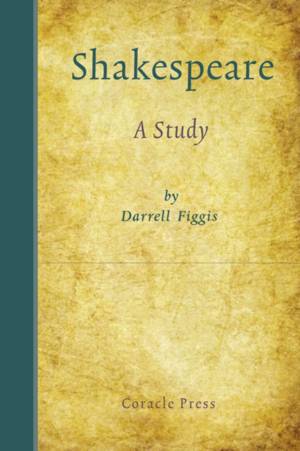
- Retrait gratuit dans votre magasin Club
- 7.000.000 titres dans notre catalogue
- Payer en toute sécurité
- Toujours un magasin près de chez vous
- Retrait gratuit dans votre magasin Club
- 7.000.0000 titres dans notre catalogue
- Payer en toute sécurité
- Toujours un magasin près de chez vous
Description
Edward Darrell Figgis (1882-October 1925) was an Irish writer, Sinn Féin activist and independent politician. He was born at Rathmines in Dublin but spent some of his childhood in India. In 1910 Figgis (with the help of G.K. Chesterton who wrote the introduction to his first book of verse) joined the Dent publishing company, subsequently establishing his own publishing company. He joined the Irish Volunteers in Dublin in 1913. Although he did not participate in the 1916 Easter Rising, he was arrested and interned by the British authorities between 1916 and 1917. After his release, he returned to Ireland and was elected an honorary secretary of Sinn Féin. In 1918, he became editor of newspaper The Republic. In the 1922 and 1923 general elections he ran and was elected an independent Teachtaí Dála (member of parliament) for the Dublin County constituency. He was deputy chair of the committee which drafted the Constitution of the Irish Free State. In 1925 Figgis committed suicide in London. Darrell Figgis left behind an extensive and varied body of writings in addition to the present volume, including: A Vision of Life (1909), poems; The Crucibles of Time (1911), poems; Studies and Appreciations (1912); Broken Arcs (1912), a novel; Queen Tara (1913), a play; Jacob Elthorne (1914), a novel, as Michael Ireland; The Mount of Trans?guration (1915), poems; AE (George W. Russell): A Study of a Man and a Nation (1916); The Gaelic State in the Past & Future, or, 'The Crown of a Nation' (1917); Bye-Ways of Study (1918), essays; Children of Earth (1918), a novel, as Michael Ireland; The House of Success (1922), a novel, as Michael Ireland; The Irish Constitution Explained (1922); The Return of the Hero (1923) a novel, as Michael Ireland; The Paintings of William Blake (1925; Comus: A Mask [by John Milton] with Eight Illustrations By William Blake (1926); and Recollections of the Irish War (1927). Coracle Press is pleased to include among its reprints a number of the works of this neglected Irish writer.
Spécifications
Parties prenantes
- Auteur(s) :
- Editeur:
Contenu
- Nombre de pages :
- 364
- Langue:
- Anglais
Caractéristiques
- EAN:
- 9781597313100
- Date de parution :
- 06-12-07
- Format:
- Livre broché
- Format numérique:
- Trade paperback (VS)
- Dimensions :
- 152 mm x 229 mm
- Poids :
- 530 g

Les avis
Nous publions uniquement les avis qui respectent les conditions requises. Consultez nos conditions pour les avis.






